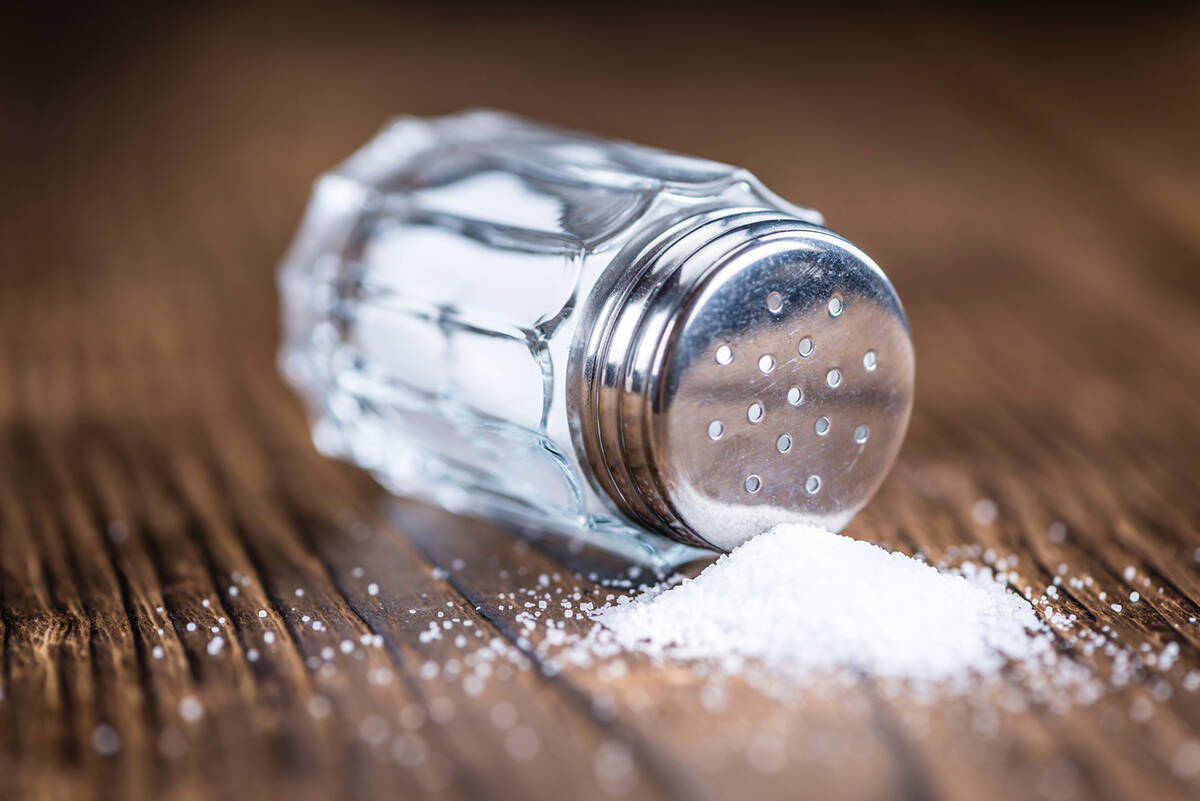What role does iodine play in human health?
I studied it in school. I know it’s a micronutrient that the body needs in tiny amounts. But I hadn’t thought much more about iodine until I was told to temporarily avoid it for an upcoming medical test.
I’ve learned a lot. Most important is the role that iodine plays in human health. It is a vital component of thyroid hormones that regulate crucial body processes, according to the National Institutes of Health office of dietary supplements. These hormones rely on iodine to help them control how our body makes proteins and uses energy.
Adequate iodine is also critical during pregnancy and infancy for a child’s bones and central nervous system to develop properly. A deficiency during this crucial time of life can cause permanent damage, experts say.
The current recommendation for iodine intake in people at least 14 years old is 150 micrograms a day, according to the Food and Nutrition Board at the National Academies Institute of Medicine. Pregnant and lactating women need even more to meet the needs of their developing babies.
To counteract problems related to iodine deficiency, U.S. salt manufacturers have been voluntarily adding iodine to table salt since the 1920s. Yet today, the NIH says, most of our salt isn’t from the shaker; it’s added to our food during processing. And the salt used in these foods does not usually have iodine added.
How are we to know? Iodized salt will tell you on the label, along with the statement, “This salt supplies iodide, a necessary nutrient.”
Specialty salts such as sea salt, kosher salt and Himalayan salt don’t commonly add iodine. And they must state “This salt does not provide iodide,” according to U.S. Food and Drug Administration regulations. (Note: “Iodide” is the salt of iodine.)
So, back to my temporary low-iodine diet. How hard can this be? It turns out that some guidelines — including the one from my medical facility — contradict others.
Let’s start with the basics: I can use Kosher salt (no iodine added) in recipes instead of iodized salt. Until my test is completed, I’ll need to stop taking my daily multivitamin, which contains a day’s supply of iodine.
Seafood, unless it’s fish from fresh water, is off the list for a week as well. Milk, to my surprise, is a natural source of iodine, as are egg yolks. Darn.
According to the latest USDA database on the iodine content of foods, the highest amount of iodine, by far, is in seaweed. And that includes additives made with seaweed such as carrageenan, which is used as a food thickener.
And I’ll need to read labels on store-bought bread to see if it lists calcium iodate or potassium iodate, which are fancy words for iodine.
Which foods are low in iodine? Nuts, fruit, fresh and frozen vegetables, beans, fresh meat and poultry, and alcohol. I think I can handle this.
Barbara Intermill is a registered dietitian nutritionist and syndicated columnist. Email her at barbara@quinnessentialnutrition.com.


















